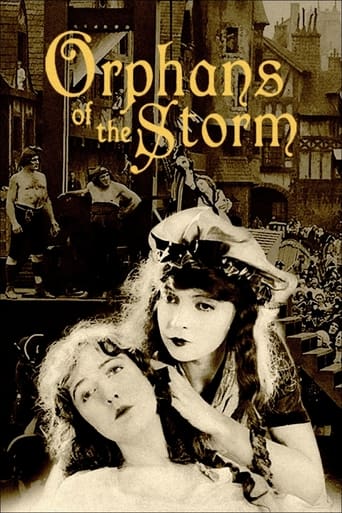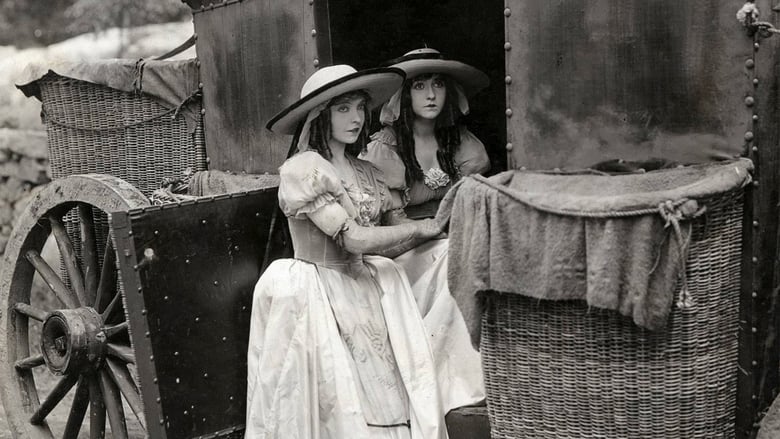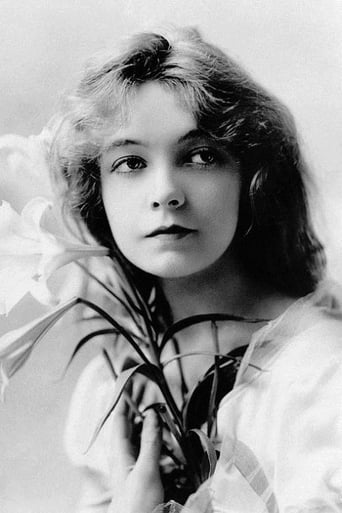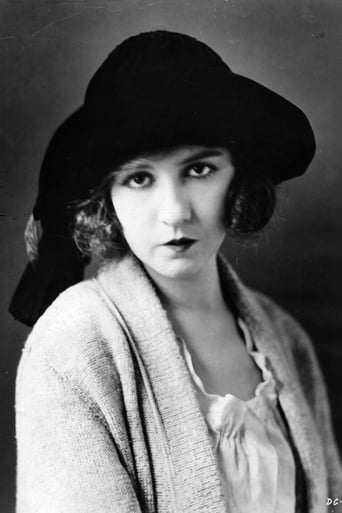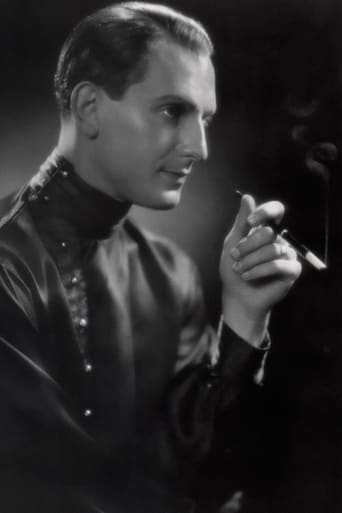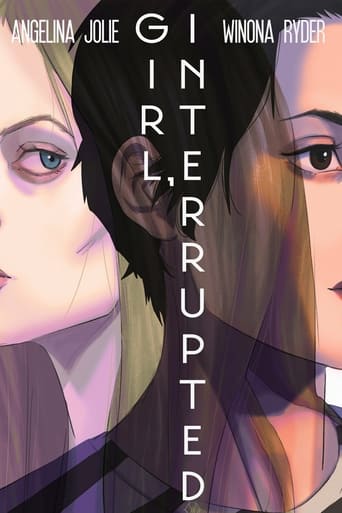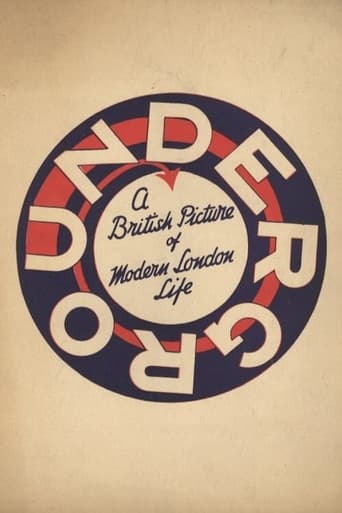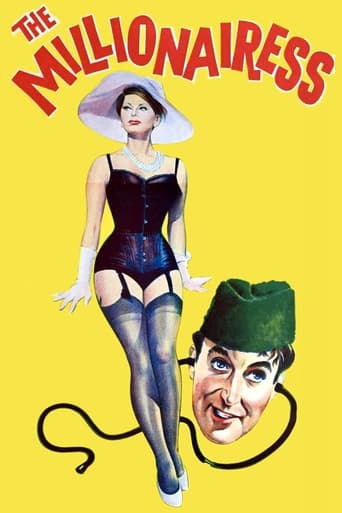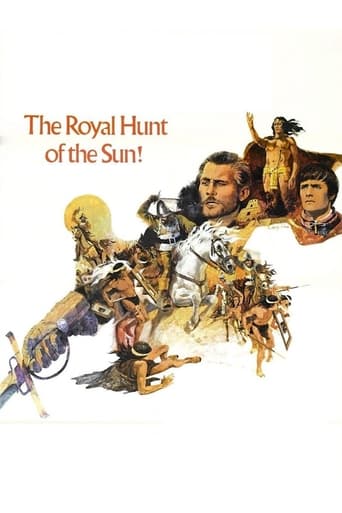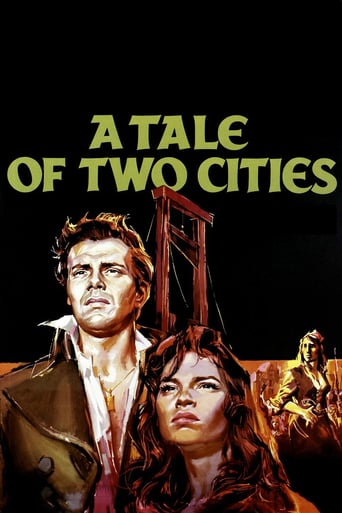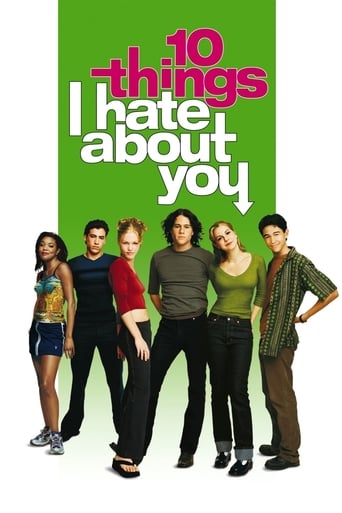Orphans of the Storm (1921)
France, on the eve of the French Revolution. Henriette and Louise have been raised together as sisters. When the plague that takes their parents' lives causes Louise's blindness, they decide to travel to Paris in search of a cure, but they separate when a lustful aristocrat crosses their path.
Watch Trailer
Cast
Similar titles
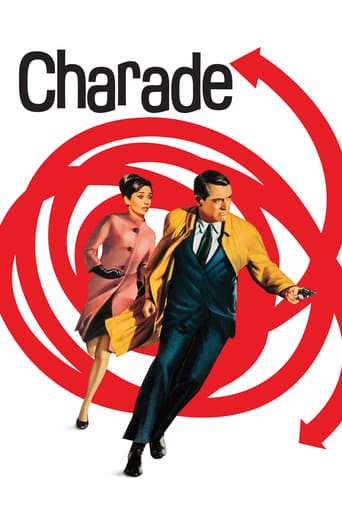
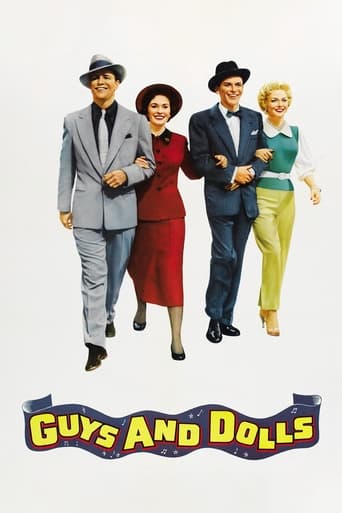
Reviews
Sorry, this movie sucks
Blistering performances.
An old-fashioned movie made with new-fashioned finesse.
This is one of the best movies I’ve seen in a very long time. You have to go and see this on the big screen.
Orphans of the Storm (1921) was DW Griffith's last major hit before his rather old-fashioned style became out of fashion with the progression of the Roaring Twenties. It is a beautifully shot film, with lovely costuming and sets. The action sequences with the peasants storming the Bastille and the rescue of Lillian Gish from "the gates of death" are rendered with the usual Griffith excitement and masterful control of crowds; however, I confess I find this movie to be a major slog, way too long for its slight story. Half an hour could have easily been cut without damage to the plot. I'm with critic and Griffith biographer Richard Schikel: the movie is over-busy and not as emotionally engaging as it needs to be in order to be memorable. There's plenty of spectacle and excellent editing, but when I don't care about the cardboard characters, and the story is overstuffed and unengaging, then to what effect is it?And then there's the acting, which is the overripe sort that most sadly associate with all silent film. Joseph Schildkraut, one of the finest actors of this period who would be relegated to character parts later on, is a little stiff, but he does manage some good moments as Lillian's love interest and looks gorgeous in his 18th century getup. Lucille La Verne is great fun as the hag who kidnaps and exploits Dorothy Gish. Everyone else is woefully overdone. Dorothy Gish could easily steal the show when playing comedic roles or spunky young women as she did in Hearts of the World (1918), but here, as the blind damsel in distress, she just fades into the background, even when overacting as she tends to do in the big emotional scenes. Lillian Gish is the worst offender, all hand wringing and hopping and shrieking and mugging, mugging, mugging. She's a great actress, one of the finest of the silent era and of all time, but she did need to be reigned in some times and Griffith just had her go nuts. After this film, she'd be free of Griffith and go on to do much superior work with other directors, like King Vidor and Victor Sjostrom.I know it has its fans, but I have a hard time mustering up much enthusiasm for it. As far as Griffith's feature work goes, I much prefer Intolerance, Broken Blossoms, and Way Down East; however, the film is certainly superior to America, Griffith's clunky 1924 epic of the American Revolution.
Orphans of the Storm is a controversial silent film from a very controversial director about a controversial topic. Set during the events of the French Revolution, the movie tells the story of two orphan sisters Henriette Girard (Lillian Gish) & Louise Girard (Dorothy Gish), who struggle to survive in extreme poverty France. As the events of the French Revolution, unfold, Louise goes blind from malnutrition, while Henriette is kidnapped by a lustful aristocrat. Could the two sisters find a way to reunite or would the trouble nation separate their love of each other, forever? Watch the movie to find out. Griffith often use the family theme in most of his major works. Families are often threatened, torn apart, reunited, destroyed, and created in his films. One can only guess at the motivations for this obsession with family from a man whose father died when he was ten, and who was never able to create a strong family relationship in his real life. D.W Griffith has often dealt with extreme depression, and abandoning issues with drinking. In many ways, the insolation from people in his own life, made D.W Griffith work harder to connect his films with the audience. You really do see it, here in this film. One of the greatest things, he did, was to set the events during the French Revolution rather than the pre-revolution Ancien Régime settlings of the original source material, the novel, 'The Two Orphans' written by Adolphe Philippe d'Ennery and Eugene Cormon. The events portray in the film really does mirror, what happens in Charles Dicken's novel, 'A Tale of Two Cities' and 'History of the French Revolution' by Thomas Carlyle in which D.W Griffith use as research. Still, there were some historical inaccurate, like how they portray revolution leader, George Danton. Widely disputed amongst many historians, Danton is a controversial figure that was often portray as an Abraham Lincoln type character. In truth, George Danton was not much a benevolent aristocrat, but a power hungry ruthless politician. In many ways, he was just as bad as Maximilien de Robespierre. Danton voted for the death of King Louis XVI and often agree with the tactics of the Reign of Terror which is clearly facts. It's twisted and distorted almost beyond recognition from honest truth. D.W Griffith often use the French Revolution as a metaphor of the Bolshevism Red October Revolution of 1917. On that note: While one could make a very broad connection, in terms of Bolsheviks being primarily of working-class membership and Robespierre being portray like a Stalin like figure. Still, there are huge different between the First French Republic and early Soviet Union. Both can be viewed as communism doctrine nations, but its modern form, communism grew out of the socialist movement of 19th-century Europe due to Industrial Revolution advanced technology. Socialist critics blamed capitalism for the misery of the proletariat—a new class of urban factory workers who labored under often-hazardous conditions. In a way, it's nice to see D.W Griffith tackle an issue like that, at the same time, show the early paranoia of America has toward Communism. Another thing that Griffith did well is create a narrative film; when most films of the time had little to no direction. The acting under his direction is amazing for the most part. Lillian Gish and Dorothy Gish are just beautiful. You see the emotional and physical suffering, both were able to portray during all the great close ups in the film. They do overdone the whole love thing, as it seem more incestuous lesbians than sisterhood. The supporting cast was just as good, with the rumbustious performance of Lucille La Verne as the female Fagan, and the strong portrayal of Danton by Monte Blue. Seeing how it's a silent film, they do kinda over act a bit, by overdoing their body language. It's get kinda goofy at times. Trying to outshine the German films being import at the time, the production values of this movie was epic in scale. The sets, the costumes, and film value were great. Lots of violent scenes like a child getting run over. Also it did had a lot of sex for a silent film. In many ways, some people believe Orphans of the Storm was the last great success that D.W Griffith had. Orphans of the Storm did turned a modest profit, but nothing as spectacular as his previous film, 1920's Way Down East. Griffith needed a success of those proportions to sustain his production costs and the expense of maintaining his own studio, and sadly, it didn't. It got worst for D.W Griffith, as his love affair with his top star Lillian Gish got sour. Gish sick of the continuing rivalry with movie starlet, Carol Dempster for Griffith's affections, left him. The aftermath of the movie cause D.W Griffith to drink even more heavily in alcohol to the point that it cause him, his life in 1948 due to cerebral hemorrhage. A lot of critics love to hate this movie do to the fact that the director is D.W Griffith. People describe him as a drunken, self-pitying, racist escapist, who egomania try to get his way. A lot of modern people love to hate his films, due to the change in attitude toward race. In 1915, D.W Griffith directed a film that would forever taint entire oeuvre and prevents any kind of objective analysis of his films with 'Birth of a Nation'. It got so bad, that in 1999, the Screen Directors' Guild removed his name from their lifetime achievement award. While, I don't agree with all of D.W Griffith's opinions. He's a very ignorant man who happened to be good at directing. He deserve more credit. Overall: While, the movie is indeed aged with some bad editing and dirt. It's watchable. This film is in the public domain and may be viewed in its entirety at YouTube. It's not hard to find. Check it out if you want to.
Orphans of the Storm (1921) *** (out of 4) Griffith's epic telling of "The Two Orphans" play casts the Gish sisters in the two lead roles. Henriette (Lillian Gish) promises to protect her blind sister (Dorothy Gish) no matter what troubles the two might find. Their lives are turned upside down when they're separated at the start of the French Revolution and both near death but for different reasons. This was my 122nd film seen by Griffith and this is a highly flawed one but at the same time this contains many examples of the brilliance he contained. I'll be perfectly honest and say the film really wasn't working for me for the first hour because I had a hard time getting involved with the story, which seemed to be too epic for its own good. The simple story of the two sisters seemed to get drowned in all the supporting characters and to me the entire first hour was just a build up for what was to follow. Then, just before the second act, is when the film really picked up and ended up packing one hell of a punch. As I said, the start of the film is highly flawed but don't give up on the movie because it eventually picks up to something really great. As is the usual case, Griffith doesn't shy away from the melodrama and he doesn't shy away from getting his political views passed. He also doesn't shy away from his familiar formula of the poor being taken advantage of by the rich. The familiar subject of evil beggars are also on hand for another villain. As you can see there's a lot of familiar stuff going on here for the director but throughout my film going life I've never seen a director who could build up drama quicker than Griffith. This movie ends on another chase sequence where Lillian's character is about to be killed and her hero must race towards her before it's too late. The fast past editing and Griffith's knowledge of how to build drama makes this scene another of the most memorable from the silent era. Griffith's ability to build drama out of simple melodrama is also wonderfully shown at the end of act one when the Gish sisters are finally reunited but they can't reach one another. As with most Griffith epics this one here benefits from the amazing sets and hundreds, if not thousands, of extras. It's really amazing to watch these Griffith epics because we're never going to see anything like them again but we've never really seen anything come close to them at any point in film history. The mammoth amount of extras really put you in the center of everything that's going on and this is a major plus. Both Gish sisters also deliver very strong performances but I'd also add that Lillian has been much better in other movies. The supporting cast are also fairly strong but this film certainly belongs to Griffith. While the flaws keep this from being brilliant like The Birth of a Nation or Intolerance it's still mighty impressive for its age.
A masterpiece.I cannot help being a musician and silent film lover. Do not fault me for my views. :) The music that populates a movie is important - and it is important to me. When I first saw this movie, it was an accident of 1970s channel surfing - remember when we all had less than 10 choices.I walked in when the titles were going up and the piano sounds of William Perry played. And they played into my heart - and have never left there. Repeated viewings with this piano score has indelibly bored itself into my subconscious.Talk about the original score has intrigued me - and the use of the then contemporary music of Louis Moreau Gottschalk did also interest me - somewhat. Other versions I read about talk about the "nice" string score.I just downloaded the AMAZON version of this version and have come away woefully and irreversibly disappointed with the result.What did I hear? Instead of the Perry piano score, I heard some fin-de-siecle tinklings written by Gottschalk. It did not satisfy - it did not bring me into the story - it did not make me want to see this movie in its entirety. Not like another score that stole my heart.If any of you every have a chance to encounter the Willam Perry piano score for this movie - stop, look and listen. His music like NO OTHER evokes every emotion you could possibly imagine - - every nuance -- like no other score will ever do.The score has romantic melodies that one can recognize and return again and again during crucial moments - it has stirring, dramatic sounds - it has the Marseillaise (even though it is historically precedent of this time in the French Revolution) -- it has up and downs, crescendos and diminuendos, it has tender, heartfelt moments of beauty that I will remember for the rest of my life.Years ago, I was able to correspond with Mr. Perry. I had wanted the piano score - to buy. He said to me that none existed. I was astounded because what I thought was a carefully worked out score - was his own - on the SPOT compilation. He said that he had music of the several themes on his piano - and was always watching the action. He "cued" the movie and then played what he had planned - completely on the fly! I told him that the result to me was astounding and so memorable.This is what genius is. Unexplainable.Though I can recommend this movie without any reservation - because it is my favorite silent film - I cannot recommend any other musical score - than the piano score by William Perry.
